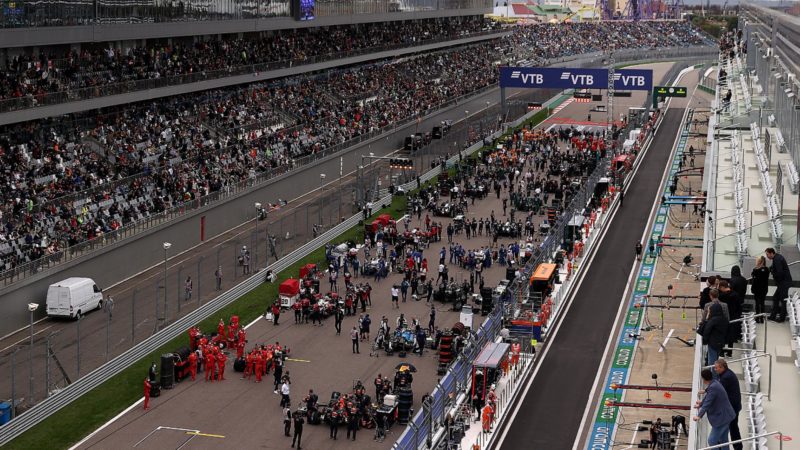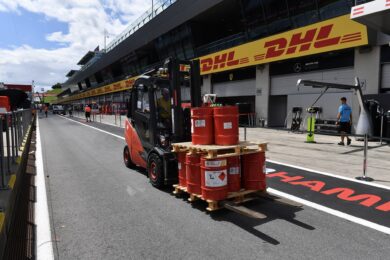F1’s ‘drop-in fuel’ is targeted to be introduced after the 2025 regulations that will include new engines and potentially new major manufacturers such as Porsche and Volkswagen joining the grid.
The new fuel will be created in a laboratory and combine resources gathered from either carbon capture schemes, municipal waste or non-food biomass. The introduction of the fuels will reportedly cut emissions by as much as 65% versus standard fossil fuel petrols without resulting in a reduction in power capabilities either.
The series has already put several schemes into place to reduce its carbon footprint in order to become more environmentally friendly.
Earlier this season, the British Grand Prix was the first carbon neutral broadcast of a race. Zero emissions and hybrid vehicles were used by on-the-ground staff while HVO (hydrotreated vegetable oil) fuel was used in on-site generators.
F1 also says it will aim to reduce the application of single-use plastics across a race weekend to be replaced by recyclable and compostable materials.


